By Mohammad Amir Anwar and Mark Graham
The Digital Continent investigates what the new world of digital work means for the lives of African workers. Anwar and Graham draw on a year-long field study in South Africa, Kenya, Nigeria, Ghana, and Uganda.
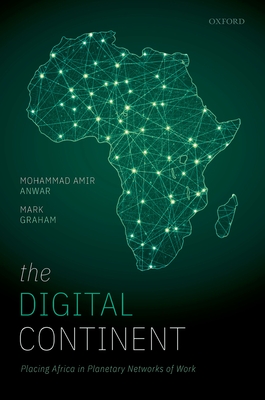

The internet and inequality have a complex relationship: some parts of the internet reduce inequality, while others amplify existing inequalities and create new ones. Even access to the internet itself is beset by inequality, be that by digital exclusion on the basis of age or wealth, or by persistent unavailability of the internet in parts of the Global South.
Our research critically assesses these inequalities and the structures they emerge from. OII projects consider inequality of all sorts, from that based on gender, to that based on geographic location.
By Mohammad Amir Anwar and Mark Graham
The Digital Continent investigates what the new world of digital work means for the lives of African workers. Anwar and Graham draw on a year-long field study in South Africa, Kenya, Nigeria, Ghana, and Uganda.

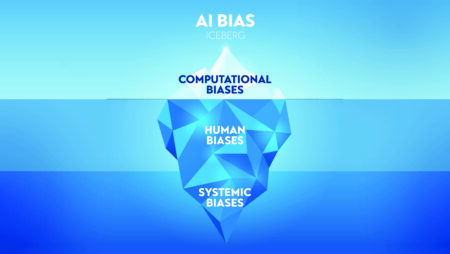
This project aims to understand the ways in which algorithmic bias can stand as evidence of existing inequalities, with the aim of informing policy interventions to tackle the social causes of these disparities.
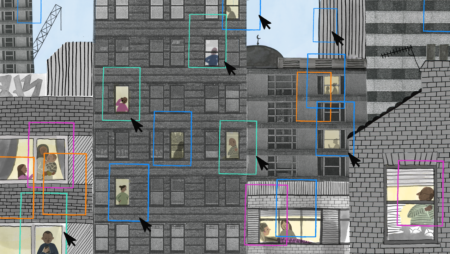
Based on a case-study analysis of bias in the Chicago Crime Prediction Algorithm, this project explores the extent to which evidence of algorithmic bias can be used to guide policy responses to the societal disparities replicated in these tools.
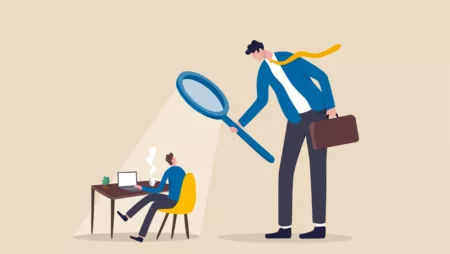
This project seeks to apply the principles of AI for Fair Work, by using these as a benchmark for empirical on workers’ experiences of the implementation of AI systems in the workplace.
By Julia Slupska, Scarlet Dawson Duckworth, Gina Neff, Nayana Prakash, Selina Cho, Linda Ma, Laura Shepherd, Hayyu Imanda, Hubert Au, Antonella Perini, and Romy Minko
The discourse around cybersecurity can often seem academic and exclusive. The Reconfigure project aims to build a feminist alternative and this report sets out findings from a pilot study applying “action research” methods to cybersecurity questions.
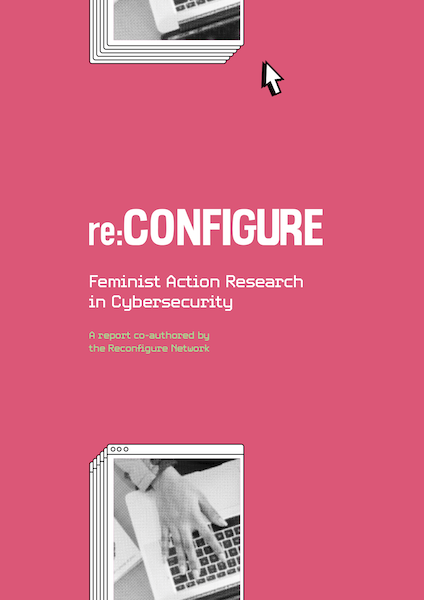
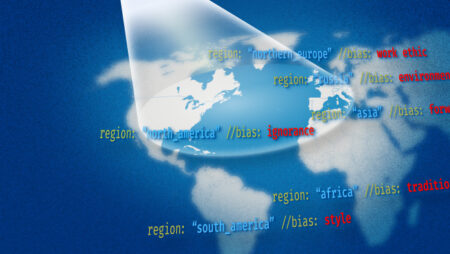
20 January 2026
New analysis from Oxford and Kentucky researchers shows AI systems reproduce long‑standing global biases
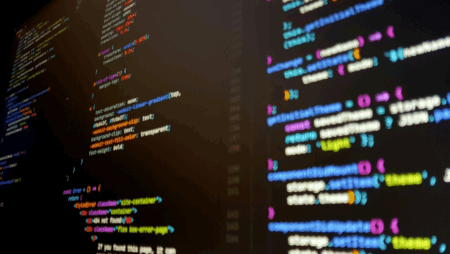
10 December 2025
The OII's Dr Fabian Braesemann examines the dynamics of the software world and what Stack Overflow tells us about the ‘creative destruction’ of programming technologies.
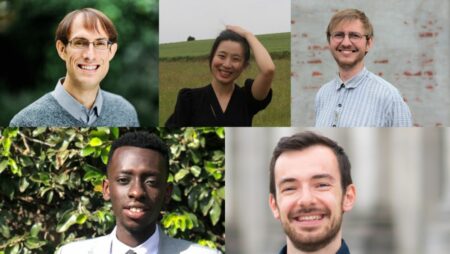
28 July 2025
Researchers including DPhil students from the Oxford Internet Institute will present new research and share recent findings at the 63rd Annual Meeting of the Association for Computational Linguistics (ACL) in Vienna.

9 June 2025
The Oxford Internet Institute’s Franziska Sofia Hafner explores whether language models are perpetuating gender stereotypes.
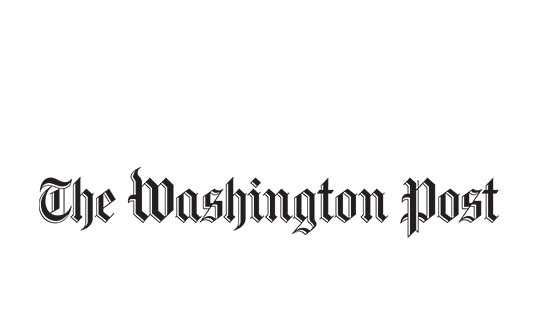
The Washington Post, 12 February 2026
Researchers at Oxford and the University of Kentucky uncovered hidden biases in ChatGPT’s assessments of people from different places. Drawing on a study co-authored by Professor Mark Graham on the limitations of LLMs.
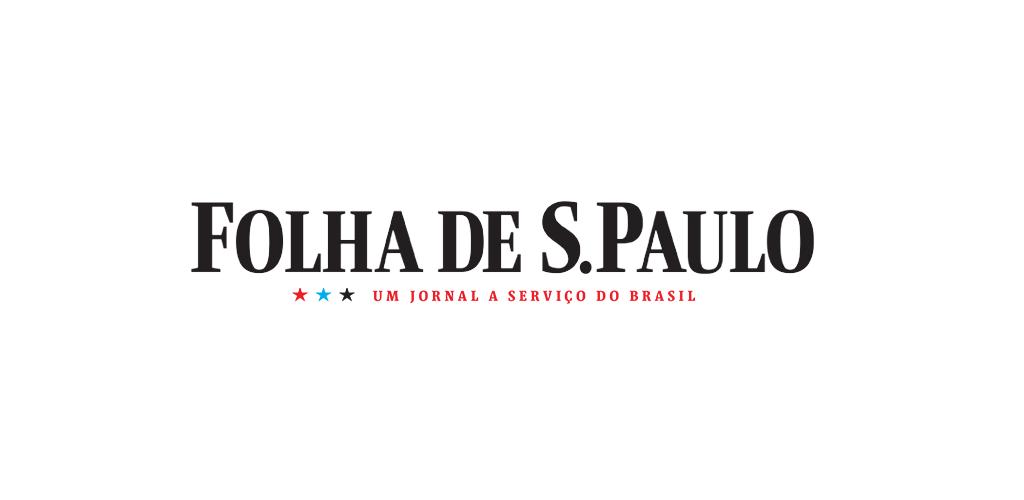
Folha De S Paulo, 03 February 2026
New research co-authored by Prof Mark Graham finds ChatGPT amplifies global inequalities.

CNN, 23 January 2026
As AI’s impact on jobs dominates the World Economic Forum in Davos, Dr Carl Frey highlights data showing machine translation has slowed translator job growth, warning that while displacement isn’t yet mass, deeper impacts on livelihoods are likely.
